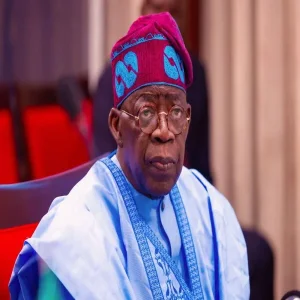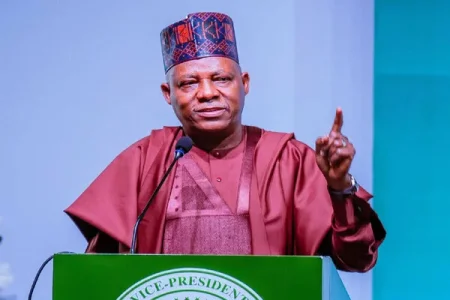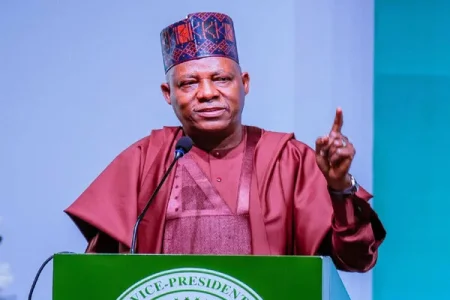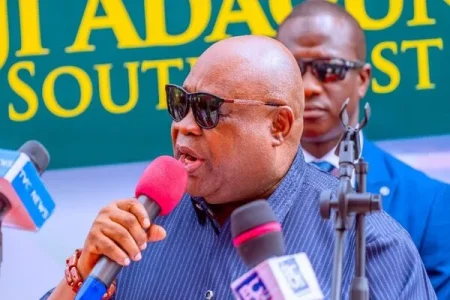
President Bola Tinubu directs the suspension of Nigeria's controversial cybersecurity levy, initiating a review following House of Representatives' scrutiny. The levy, intended to fund cybersecurity initiatives, faces backlash for its potential economic impact. Stakeholders welcome the suspension, while calls for policy overhaul and threats of legal action emerge
President Bola Ahmed Tinubu has intervened in the contentious issue of the cybersecurity levy, directing the Central Bank of Nigeria (CBN) to suspend its implementation and undergo a thorough review. This decision follows a recent directive from the House of Representatives urging the CBN to withdraw its circular mandating financial institutions to impose a 0.5 per cent levy on all electronic transactions.
The CBN's circular, issued on May 6, 2024, mandated banks, mobile money operators, and payment service providers to enforce the cybersecurity levy as outlined in the Cybercrime (Prohibition, Prevention, etc) (Amendment) Act 2024. This Act stipulates that a levy equivalent to 0.5 percent of the value of electronic transactions be collected and remitted to the National Cybersecurity Fund overseen by the Office of the National Security Adviser.
Financial institutions were required to deduct the levy at the point of electronic transfer origination and explicitly label it as a "Cybersecurity Levy" in customer accounts. The circular mandated compliance within two weeks of issuance, with subsequent bulk remittances due to the NCF account at the CBN by the fifth business day of each month.
Despite the CBN's emphasis on strict adherence and severe penalties for non-compliance, including fines of up to two percent of annual turnover, the levy faced significant backlash. Members of the House of Representatives, led by Kingsley Chinda, cited ambiguities in the circular and urged the CBN to issue a clearer directive consistent with the Cybersecurity Act.
In response to mounting concerns and discrepancies between the CBN directive and the Cybersecurity Act, Tinubu ordered the suspension of the levy pending a comprehensive review. Sources close to the President indicated his awareness of the economic burden on Nigerians, underscoring his commitment to responsive governance and economic reform.
This decision, welcomed by opposition parties and civil society organizations, reflects a broader debate over the impact of taxation on economic growth and citizen welfare. While some critics argue for a total cancellation of the levy, others caution against hasty policy implementation amidst ongoing economic challenges.




